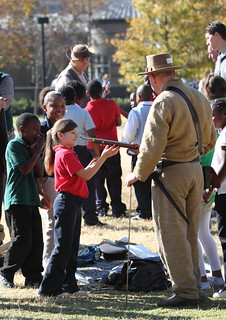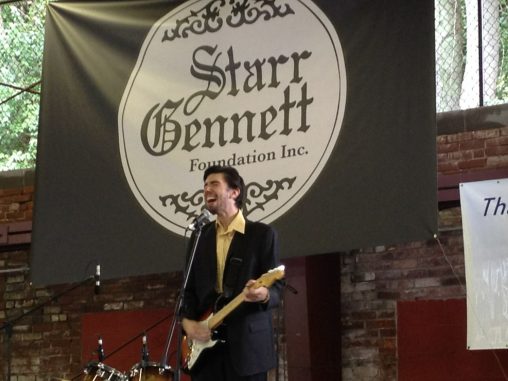I've been thinking about the complex relationship that mainstream U.S. culture has with the notion of revolution.
In the abstract, we seem to celebrate the possibility of wide-reaching changes in some government or other system that affects the lives of many people.
We like things that provide a chance for a clean slate, a fresh start, a putting aside of ways that aren't working well. When we think about other countries that may have been living under oppressive regimes and then hear that they are in the midst of revolution, we probably assume that this change is leaning toward kinds of freedom and opportunities that are good for the people there. We have ourselves spent many billions of dollars on facilitating "regime change" or other dramatic shifts in power around the world. And we know that our own history as a country is full of revolutions - some peaceful, some bloody - and we take it as a given that these kinds of struggles and shifts are milestones to be remembered, if not honored.
When revolution is in the past, or in distant places, it's okay.
But when we think about revolution in the context of our own present, everyday lives, it seems we are much less tolerant of revolution.







